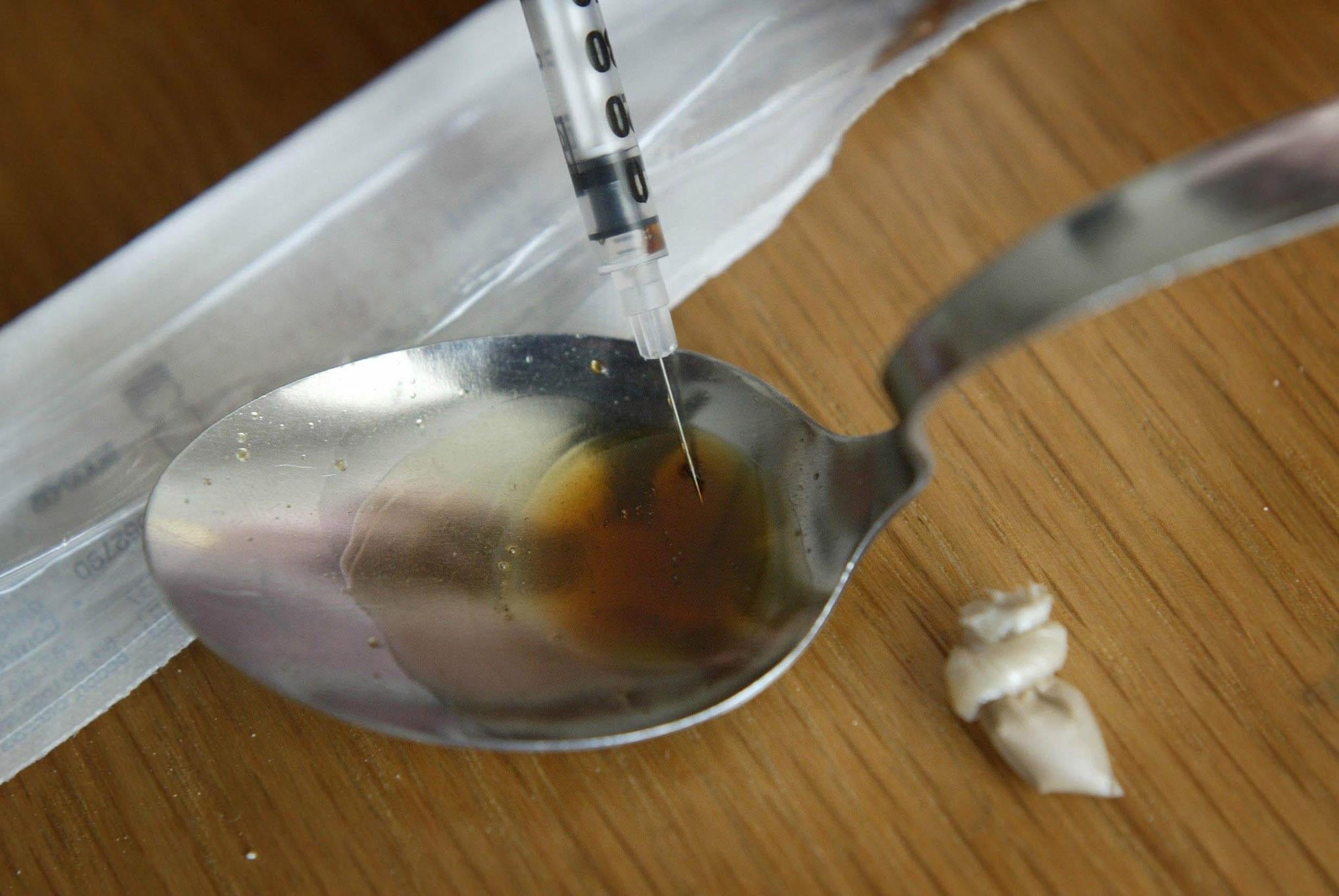Drug misuse deaths highest in north east for ninth year running
‘I think the pandemic has made things worse.’ says Mike Trance, chief exeutive of the Forward Trust

The north east is the worst region for drug misuse deaths for the ninth year running, as the statistics authority warned of a “marked north south divide”.
Figures from the Office for National Statistics on drug related deaths show a 6.2 per cent increase in 2021 compared to the previous year with two thirds of these deaths related to drug misuse.
This is the ninth consecutive annual rise in drug related deaths and the highest number since records began more than a quarter of a century ago in 1993.
The data, published on Tuesday, also shows a “significant” increase in deaths related to new psychoactive drugs driven mainly by an increase in deaths involving benzodiazepine.
The rate of deaths linked to drug misuse in 2021 was 53.2 per million people compared to 52 in 2020, while rates for men were much higher than women at 77.5 per million compared to 29.3.
The ONS said possible explanations for the rise could be that there is an ageing cohort of drug users experiencing the effects of long-term use and becoming more susceptible to a fatal overdose.
The north east has been identified as the region with the highest number of drug misuse deaths since 2013 and has a significantly higher rate compared to the rest of England.
The ONS’ release said “Rates of drug misuse death have a marked north-south divide”.
According to the annual release deaths involving methadone “significantly” increase in 2021, when 663 deaths occurred compared to 516 deaths in 2020.
Mike Trance, chief executive of the Forward Trust, said the rise in drug-related deaths comes amid people mixing substances, known as “poly drug use”.
He told the PA news agency: “I think the pandemic has made things worse. Most deaths are what we call deaths of despair, people who are lonely, they’re using drugs in situations where they don’t have support or other people to protect them. And that was definitely worse during the pandemic.
“So I think that does have an effect, and that’s what we have to bear down on. We need to provide much better support and inclusion to people who are living very isolated marginalised lives.”
The ONS found 258 deaths involving “new psychoactive substances” in 2021 – an 88 per cent increase on the previous year. A large proportion of these deaths, 171, were related to benzodiazepines.
There were 119 deaths arising from mental and behavioural disorders as a result of drug use, and four deaths following assault by drugs, medicaments and biological substances.
In December last year the government pledged £780 million in funding for drug treatment services over three years.
The charity Turning Point called for the Government to continue to invest in “life-saving” health, housing and social care services.
A spokeswoman said: “The pandemic exacerbated an existing public health crisis, however we are clear that drug deaths are preventable.
“At a time of political uncertainty, these new statistics provide a loud and clear call, whatever your political allegiances.
Cllr David Fothergill, Chairman of the Local Government Association’s Community Wellbeing Board said: "These statistics published today are very concerning, with drug related deaths showing sharp increases compared with 2020.
“Every death to drug misuse is a tragedy and councils are absolutely determined to ensure vulnerable people have the right support and treatment.
“Many drug overdose deaths are preventable. Ensuring robust practices are in place, along with the policies or protocols to support those at the greatest risk, can prevent overdoses and subsequent fatalities.”
He said the rising demand of deaths demand more than good commissioning and effective treatment services, it requires working with police, social care, housing, mental health services and prisons.




Join our commenting forum
Join thought-provoking conversations, follow other Independent readers and see their replies
0Comments